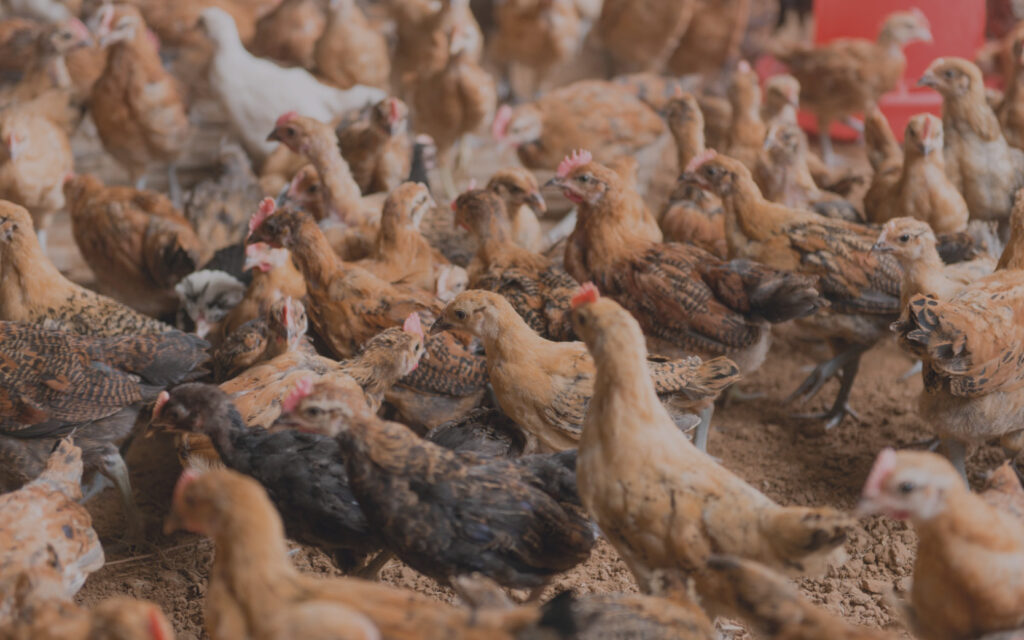Belgian poultry farmers test water treatment and reuse
Several poultry farmers in the Belgian province of Antwerp are committed to finding the best water treatment technique to clean contaminated rinse water. This project by BelleAqua Agro and Blue Foot® aims to reduce nitrogen emissions and groundwater use.
“The wastewater of poultry farms contains residues of manure and wood chips”, says Jean-Pierre Depauw (BelleAqua Agro). The pollution load is quite high for biochemical oxygen demand (BOD), chemical oxygen demand (COD) and suspended solids. It is also necessary to remove phosphates, chlorides and pathogenic germs from the wastewater in order to comply with strict environmental standards.”
Reduce nitrogen emissions
In 2019, a permit for a poultry farm was revoked based on odour nuisance, effects on people and lack of adaptability to the surrounding landscape. Jean-Pierre Depauw: ““If permits are applied for now, water purification and water reuse will certainly count. So, it is important that a poultry farm can show that it has already taken measures in the field of water purification and nitrogen emission reduction.”
Purification degree
Various tests with pre- and post-purification are currently taking place. “The intention is to use the right technology that will lead to the most reliable and cost-efficient treatment,” says Depauw.
One of the technologies being tested is the Blue Foot® membrane. “The membranes also stop bacteria and viruses,” says Peter Aerts, Chief Technology Officer at Blue Foot®. “Afterwards, there will be a disinfection step with UV, among other things. Our membranes are backwashable at high pressure and an intelligent control regulates the membrane cleaning. The purified wastewater is of excellent quality for subsequent cleaning of the stables and is also infinitely reusable.”
Don’t need spring water anymore?
The aim of this project is to avoid using up our precious resources such as groundwater to keep stables clean. “Many poultry farmers still use spring water and even drinking water for cleaning, according to our research,” says Jean-Pierre Depauw.
“There will be stricter regulations in the field of groundwater drilling. Partly because of this, farms cannot expand further. The project must lead to water savings. The intention is to reduce the total operating costs (Total Cost of Ownership) for poultry farmers.”
For more information, visit www.belleaqua.be.


